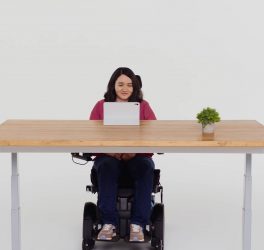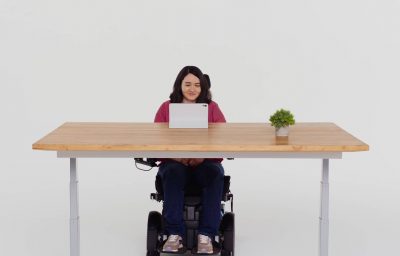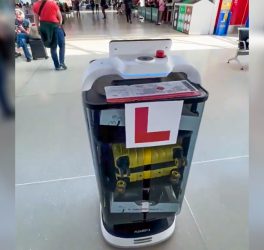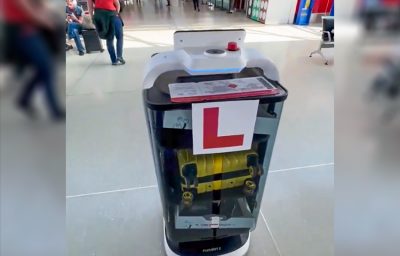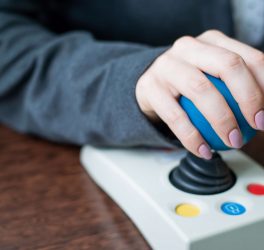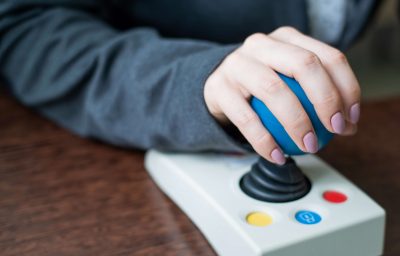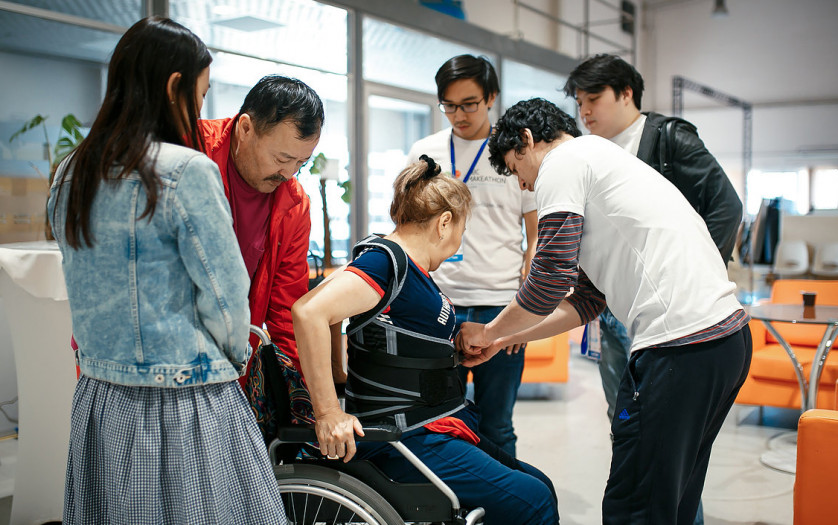
Nur-Sultan – Creative innovators will attempt to solve challenges set by people with disabilities in just 72 hours at the capital’s Tikkun Olam Makers (TOM): Nur-Sultan Makeathon October 25-28, reports the Nazarbayev University.
Makeathon TOM – is a 72-hour marathon where inventors, programmers, developers, engineers and doctors, to develop assistive technology solutions for Persons with disabilities.
It has been brought to the capital by the Nur-Sultan Akimat (city administration), Nazarbayev University’s Fab Lab (fabrication laboratory), Tel-Aviv University Friends Association and Astana Jastary.
Teams of makers will meet with need knowers to brainstorm ideas for an innovative solution to an everyday problem at PreTOM Sept. 20. The teams will finalise their chosen idea over the next month by consulting with experts. They will develop and present their prototypes during the 72-hour marathon Oct. 25-28.
Individuals or teams of three to five people of any age and profession from Nur-Sultan may apply to participate in the TOM: Nur-Sultan Makeathon at www.kazakhstan.tomglobal.org August 15 – September 15. The selected applicants will be announced September 17.

